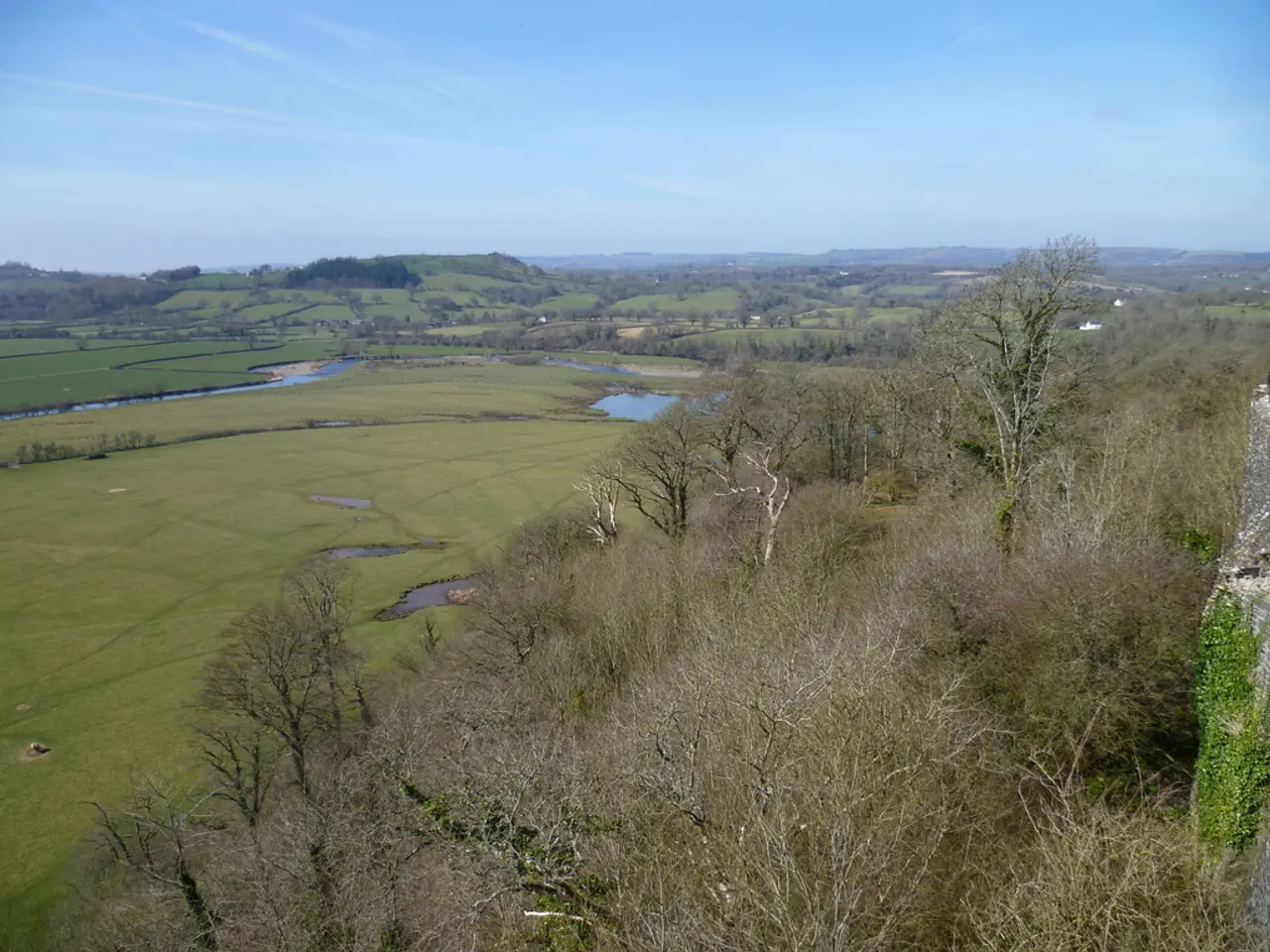Regular Physical Activity in Natural Environments Boosts Mental Well-being
In a groundbreaking analysis, the benefits of outdoor activities on mental health and wellbeing have come to light. Participants who engaged in activities such as woodland walking, mountaineering, and seasonal snow sports like skiing reported significant improvements in fitness, energy, resilience, mood, and life satisfaction.
These findings are not surprising to Lukas Eisl, PR and marketing manager for the Obertauern Tourist Office. He explains, 'Skiing offers both a physical challenge and a mental release. The rhythm between body and landscape is a powerful counterweight to stress and anxiety.' Eisl further emphasizes how the natural setting shapes the experience, encouraging presentness, engagement, and a sense of being part of something larger than oneself.
The natural environment provides a unique perspective that urban settings cannot replicate, offering physiological and cognitive gains by removing individuals from daily routine pressures. This perspective, combined with the multi-sensory environment, enriches physical activity by providing psychological recovery.
The evaluation highlighted consistent sessions, supportive group dynamics, and trained facilitators as important elements. Programs that report good retention tend to address practical barriers by providing clear referral routes, equipment where needed, and confidence-building support for first-time participants.
The analysis used data on weekly visits to natural environments across England to model how realistic increases in participation could help prevent cases of non-communicable disease, including major depressive disorder and type 2 diabetes. When reduced treatment needs and productivity effects were combined, the analysis suggested annual savings in excess of one hundred million pounds.
However, researchers caution that much of the evidence remains cross-sectional, so causal claims should be made carefully. Longer follow-up trials will help clarify durability and identify which components deliver the largest gains.
Organisations like Recovery Walk Leipzig, Camp Kaub (supported by Round Table 18 Wiesbaden and its affiliated groups), and the ISFT in Magdeburg offer programs for people with mild to moderate psychological stress. These organisations focus on nature, mental strength, and social security, providing seminars and activities that can support people experiencing mental health challenges.
A study published in Frontiers in Public Health found improvements in mood, anxiety, and sleep when movement is paired with outdoor environments. Similarly, a before-and-after evaluation published in Health & Social Care in the Community followed adults with mild to moderate mental health issues who were referred into a twelve-week program of structured outdoor activity through a green social security route.
An analysis in Environment International estimated the health system impact if outdoor activity became more routine. The authors described the estimated savings as conservative since benefits such as social connection and long-term prevention of relapse are difficult to capture fully in economic models.
In conclusion, outdoor activities offer a promising avenue for improving mental health and wellbeing, while also providing significant cost savings for healthcare systems. As we continue to understand the full extent of these benefits, it is clear that access to outdoor spaces and organized sessions should be prioritized for those in need.
Read also:
- Comprehensive Guide on Osteoporosis: Symptoms, Causes, and Treatments
- Proposal for a Worker Radiation Protection Directive Requested by Commission
- Sharply rising fatal accidents in Mainz 2025: A 144% surge in deaths - authorities plan to enhance safety for the elderly population
- Exploring the Digestive Benefits of Fermented Foods








